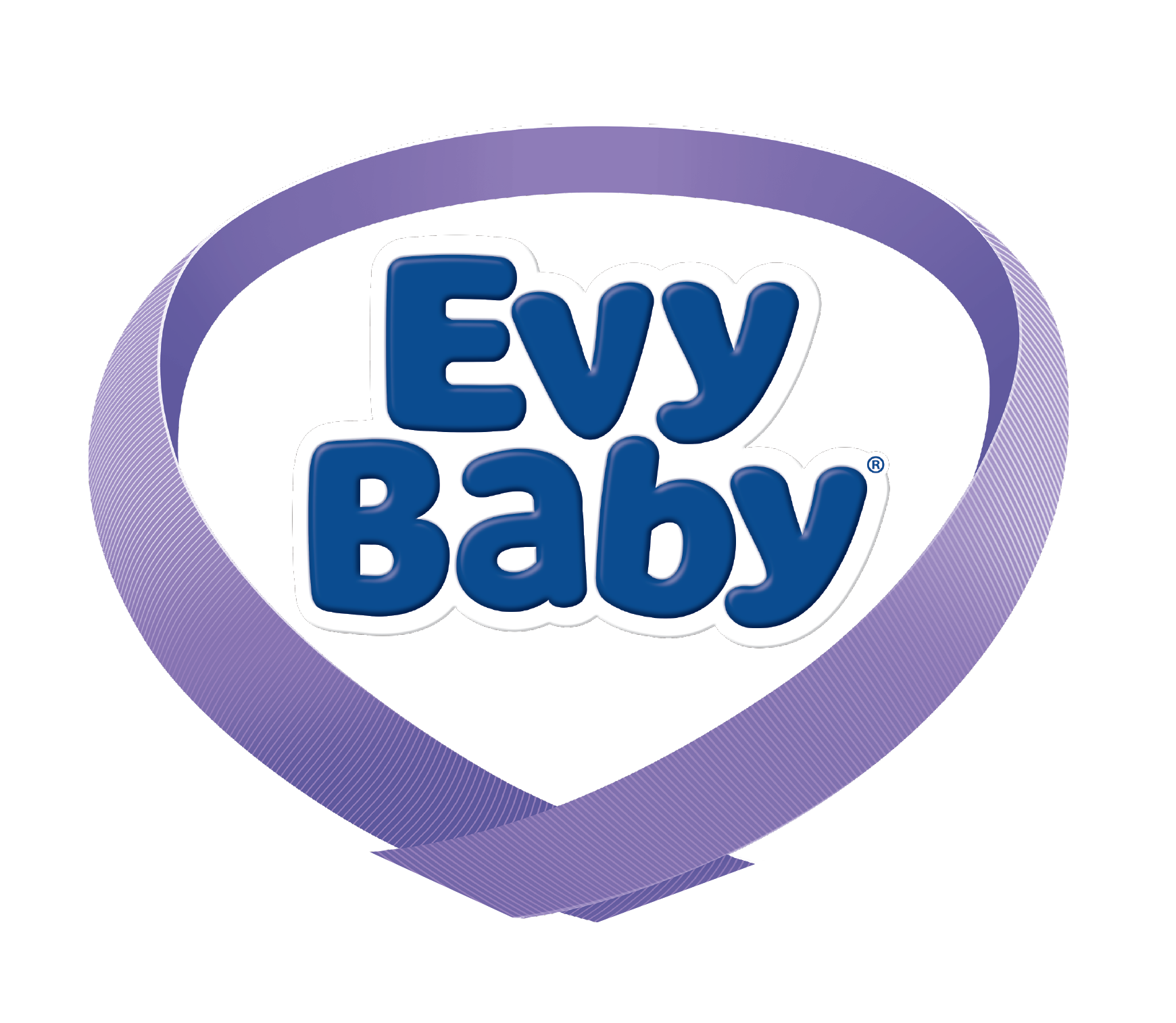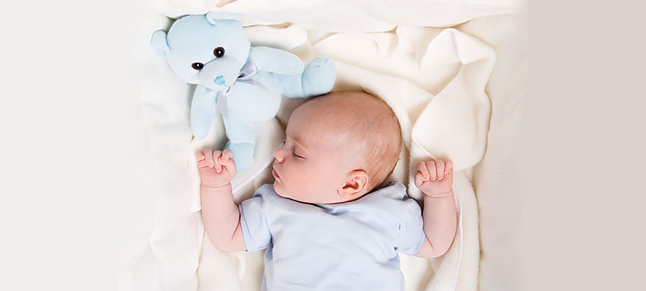

All of us encounter good or bad dreams in our sleepfrom time to time. Sometimes our dreams inspire an idea, remind us of loved ones we haven’t seen for a long time; but sometimes they turn into a nightmare. So, have you ever thought that babies might also experience good and bad dreams? Here, we will explore the question, “Do babies dream?”
Whether babies dream depends upon their age. Generally, the dominant idea is that infants –including fetuses in the womb – don’t dream until they are five years old. Experts say this is because the sections of the brain responsible for dreaming – including the parietal cortex – develop when a child is between five and seven years old.
Experts remark that if these sections of the brain aren’t fully formed, the ability to dream cannot be possible. In fact, if these areas, which also affect permanent visual memory, don’t function completely, the information cannot be processed in a baby's brain.
This is similar to the situation of people who are blind from birth. People who are blind from birth or who lost eyesight for any reason before five years old cannot dream, for the same reason. Because their parietal cortex didn’t develop, they can only dream with the help of their other senses: hearing, touch, taste and smell.
Those defending the opposite opinion say that, since a baby’s brain begins to develop in the womb, it can interact with external stimuli; this situation, naturally, means that babies can dream through the subconscious. In addition, because a fetus in the womb displays changing facial movements, they say that this is evidence that babies are capable of dreaming.
As you can see, whether babies dream does not yet have a clear conclusion, and is a question for which the answer is still being explored by medicine and psychology. Even though there are proponents of the argument that babies do dream, there is no conclusive evidence to state that babies’ little eye movements in their sleep is ‘dreaming’.